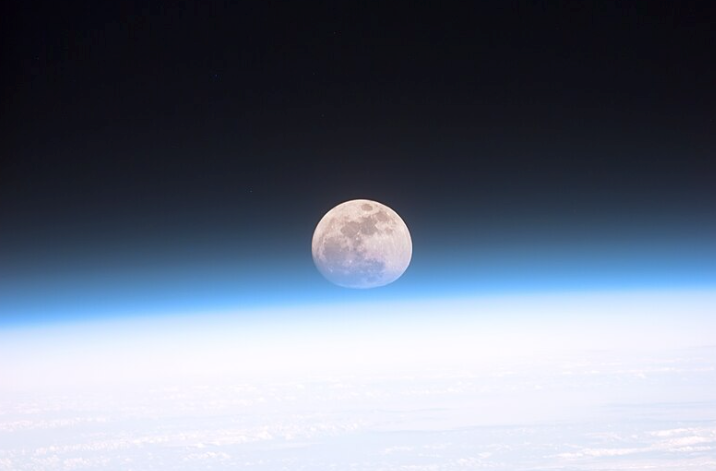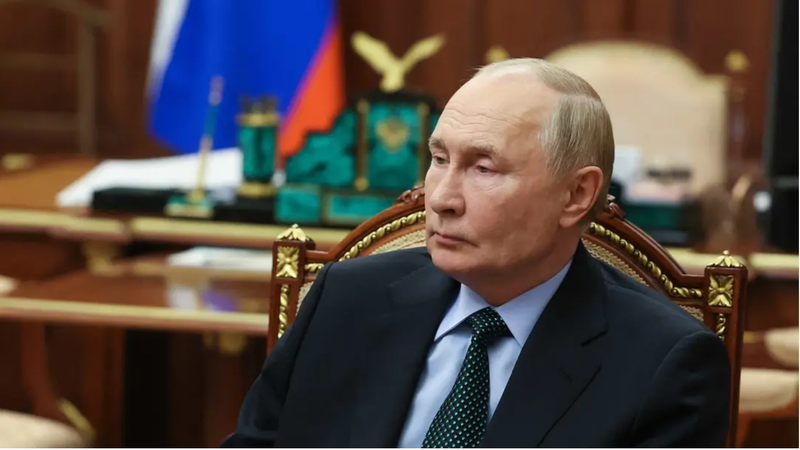Russia's Luna-25 Spacecraft Enters Moon's Orbit
On Wednesday, Russia's state space corporation Roscosmos announced that its uncrewed lunar spacecraft had entered the moon's orbit, marking another step toward the first landing on the moon's south pole in the search for frozen water.

Facts
- On Wednesday, Russia's state space corporation Roscosmos announced that its uncrewed lunar spacecraft had entered the moon's orbit, marking another step toward the first landing on the moon's south pole in the search for frozen water.1
- The Luna-25, which launched on August 10 from the Vostochny Cosmodrome in far-eastern Amur region and is about the size of a small car, is expected to orbit the moon for about five days before landing on the natural satellite on August 21.2
- All systems on the lander — launched into space on a Soyuz rocket — are reportedly operating normally, and communication with the Luna-25 is stable. Roscosmos added that cameras have already taken images of Earth and the moon from space during Moscow's first lunar mission since 1976.3
- The announcement comes after India's Chandrayaan 3 spacecraft — launched on July 14 — entered the moon's orbit on August 7 and is expected to touch down on August 23 or 24 near the lunar south pole where there are presumed stores of water ice.4
- The US space agency NASA is also targeting moon's south pole as part of the Artemis program — which aims to put humans on the natural satellite for the first time since Apollo 17 in 1972 — while China plans to reach the lunar south pole in 2026.5
- China remains the only nation to have successfully landed on the moon since 1976, with a lander and a rover in 2013 and 2018, and a sample-return mission in 2020. India, Israel, and Japan have failed in their attempts to land there in recent years.6
Sources: 1Al Jazeera, 2Reuters, 3France 24, 4Space, 5Nature, and 6Scientific American.
Narratives
- Anti-Russia narrative, as provided by The Messenger. The Russian moon mission is less a scientific enterprise than a Kremlin PR activity. Since the Soviet Union became the first country to put a man into space in 1961 and landed on the moon in 1976, Moscow has not succeeded in reaching the body. A successful landing of Luna-25 would serve mainly psychological and propaganda purposes to demonstrate strength and independence to the West amid the Ukraine war and targeted sanctions. It remains to be seen whether Moscow will succeed with this mission.
- Pro-Russia narrative, as provided by RT International. A successful landing of Luna-25 would mark a significant scientific and technological achievement for the first stage of modern Russia's ambitious lunar program. While Western media continues to speculate about Russia's alleged geopolitical and propaganda motives, the US, India, and China are pushing ahead with their own programs to explore the moon's water and rare earth deposits. Moscow has not started the new "space race," but it does have the scientific capabilities and resources to join it.






